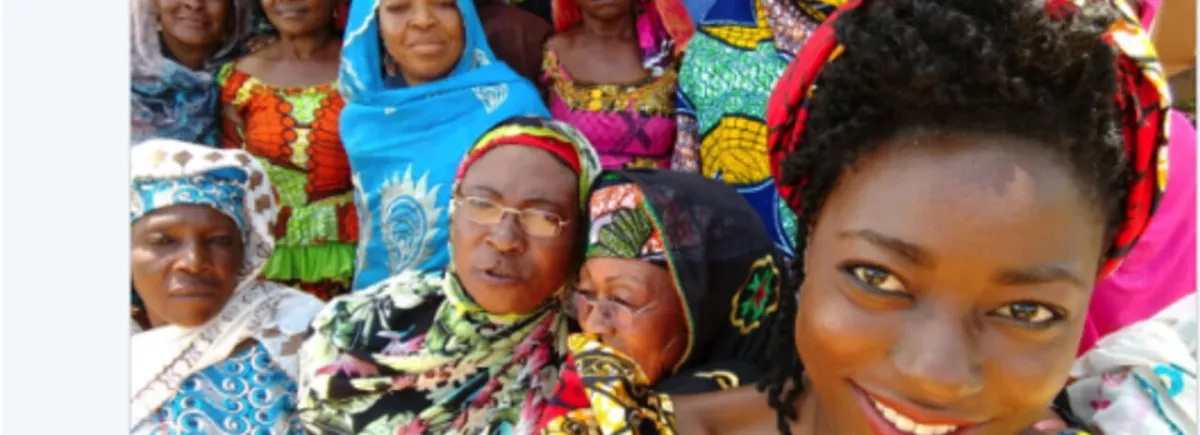
Limegbié: allowing women living in rural areas to have their say
Related project
Citizen ConnectionsHere is the personal account of Cyrielle Raingou (Cameroon), one of the participants in the Citizen Connections project.
"My Limegbié project was born out of a wish to allow women living in rural areas to have their say. How could their role within their community be enhanced and the talents hidden within them be allowed to flourish? The idea was therefore to introduce these women to the art of documentary-making, so that they could give their own account of their daily lives and actions, far away from towns and cities.
In such a context, my involvement in the Citizen Connections initiative led by CFI has provided real impetus. Thanks to the training sessions and the bush camps organised over the year, I've been able to place my project under the critical scrutiny of local entrepreneurs and face up to the constraints on the ground, and thus arrive at a credible and effective action plan. Among those mentors, the PANOS network that I encountered at the bush camp in Dakar put me in touch with an association based in northern Cameroon, which had been introduced to video-reporting techniques and condemned violence against women. Since then, we've been working on the story of a woman who was forced into early marriage and is now an activist, and shooting should start very soon.
Alongside that, we've also organised an expedition to a rural area to meet the women living there. These meetings have allowed us to present our project and to bring together our first group of 'future' female producers. They thus all appeared in front of the camera, in presentation videos in which they each spoke about their involvement in the local community.
At the end of that exercise, we selected three women who we are now training in the art of documentary-making, with the objective being for them to shoot their first report on an inspiring person from their village. One of those selected women who we are proud to be supporting is Lisa, originally from Koumelap, who has already started shooting her report, which focuses on the sheer courage and dedication shown each day by Namé as she works in the fields, harvesting the fruit and vegetables she has grown and then selling them by the roadside, and before going home to prepare meals for her family.

Last July, we travelled to Koutaba and Foumban, where we gave a master class on the production of documentary films. In that class, we taught the fundamental principles of reporting to nine women, so that they could then develop their scenario and work out how they will edit it in order to tell their story. As for the next step, the aim is for the women trained by us to shoot two or three short videos every month, which will be made available on our platform and highlight the talents of the people living in their local community!
In terms of financing, so far I've borne all the costs stemming from the launch of the project myself. However, thanks to the network of contacts that Citizen Connections has allowed me to build up, I've been able to strike up a partnership with an investor, who has already contributed half the costs of our latest expedition. We are now on the verge of signing a formal partnership agreement."


